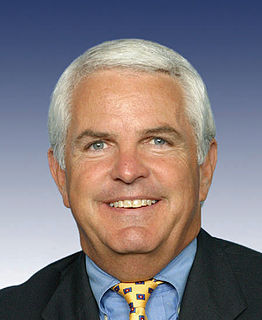A Quote by Sharan Burrow
You cannot fuel demand, or consumption-led demand, on credit forever.
Related Quotes
I do believe that oil production globally has peaked at 85 million barrels. And I've been very vocal about it. And what happens? The demand continues to rise. The only way you can possibly kill demand is with price. So the price of oil, gasoline, has to go up to kill the demand. Otherwise, keep the price down, the demand rises.
The illusion that consumption - and its correlative, income - is desirable probably stems from too great preoccupation with what Knight calls "one-use goods," such as food and fuel, where the utilization and consumption of the good are tightly bound together in a single act or event. ... any economy in the consumption of fuel that enables us to maintain warmth or to generate power with lessened consumption again leaves us better off. ... there is no great value in consumption itself.
About 75% of the price of gas is really dictated by crude oil. At the heart of the issue is increasing demand over a period of many years around the world. World crude oil consumption now is close to 90 million barrels a day. Most of the growth in demand is coming from China and the developing world.
As Frederick Douglas, the famous abolitionist, said: "power concedes nothing without a demand. It never has and it never will." You need the truth, and you also need a demand, and you need to bring that demand into the realm of electoral politics. If you don't do that, it's very hard to get such an entrenched machine to move.
Even if America tomorrow - and it won't happen overnight - but if we did reduce our demand for gas and natural gas and crude oil by a significant degree, that does have an exponential effect on producers in the Middle East, everything else being equal. But if China's demand is growing and India's demand is growing, they are not going back.






































